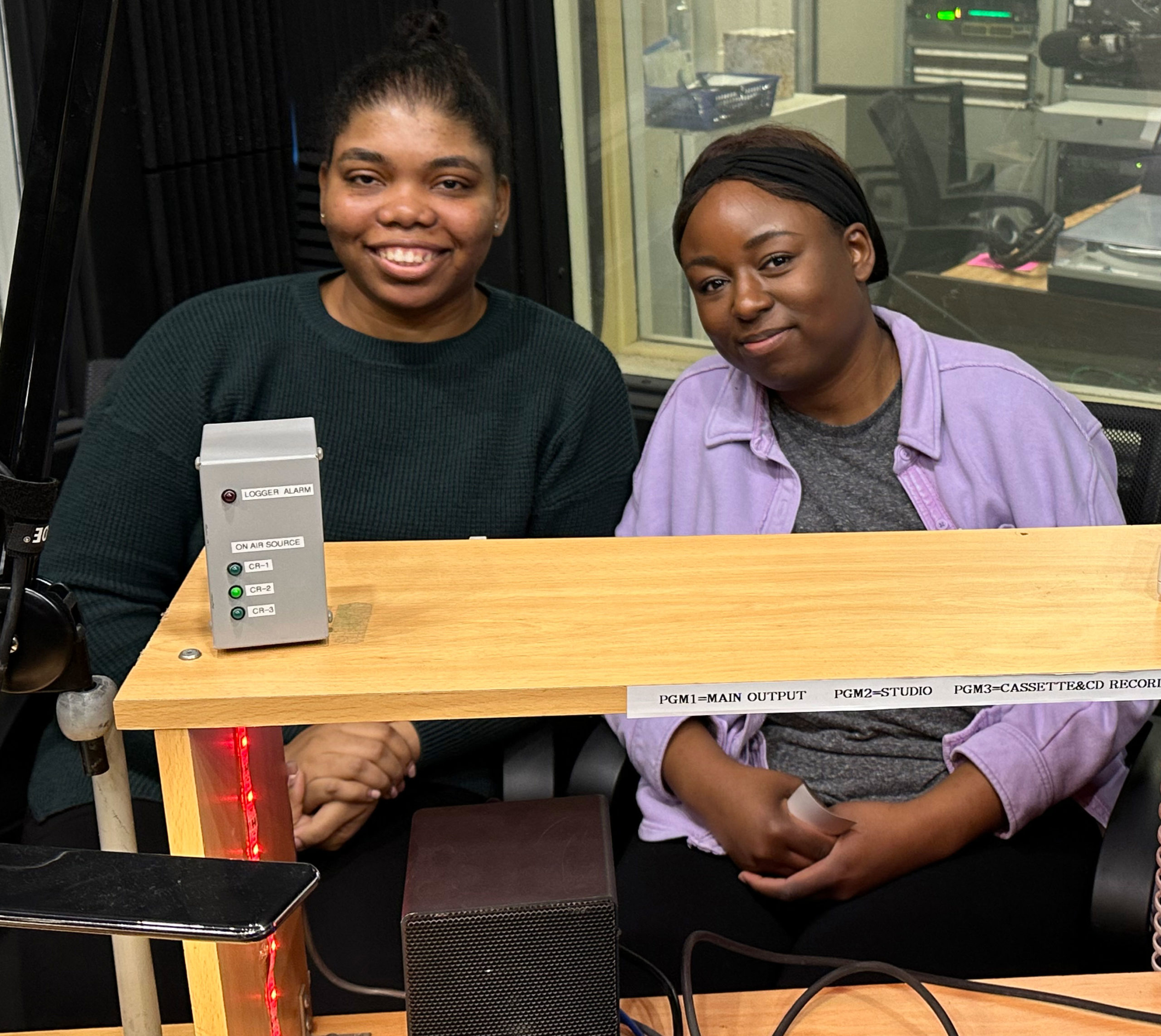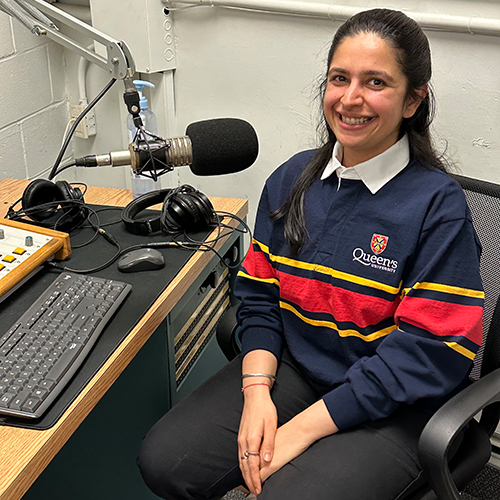Topic: ‘Even Peacekeepers Expect Something in Return’: An Exploratory Cross-Sectional Analysis of Sexual Interactions Between UN Peacekeepers and Haitian Citizens.
Overview: In 2004, the United Nations (UN) Security Council established Resolution 1542: The United Nations Stabilization Mission in Haiti (MINUSTAH). MINUSTAH officially began in June of 2004 and ended in October 2017, making it the longest UN peace operation in Haiti. During this time, allegations of sexual interactions between male UN peacekeepers and female Haitian civilians, including sexual abuse and exploitation, surfaced in the media. The UN frames civilian-peacekeeper sexual interactions as inherently exploitative and abusive, thereby supporting a zero-tolerance policy on sexual interactions with beneficiaries of assistance. However, during MINUSTAH civilian-peacekeeper sexual interactions were widespread and, in some cases, conceived children fathered by peacekeepers born to Haitian women- known as peace babies. The UN does not claim responsibility for children fathered by peace keepers, resulting in Haitian women bearing the burden of establishing the paternity of their children. My research will examine community-level narratives of sexual relationships between Haitians and United Nations (UN) peacekeepers during the MINUSTAH. Using qualitative and quantitative methods, this thesis will aim to: (1) Understand the lived experiences of Haitian women who are raising peace babies conceived during MINUSTAH; (2) Investigate the association between geographical location and community-level accounts of sexual interactions between Haitian citizens and MINUSTAH peacekeepers; (3) Investigate the relationship between the subject matter of participants’ narratives and perceptions of UN legitimacy in Haiti.

Kharoll-Ann’s research examines the “#MoiAussi movement (#Metoo)” in the province of Quebec from the perspective of Black feminist activists and black women survivors. Angela...

It seems there is not any post added into Read Later list.

It seems there is not any post added into Read Later list.